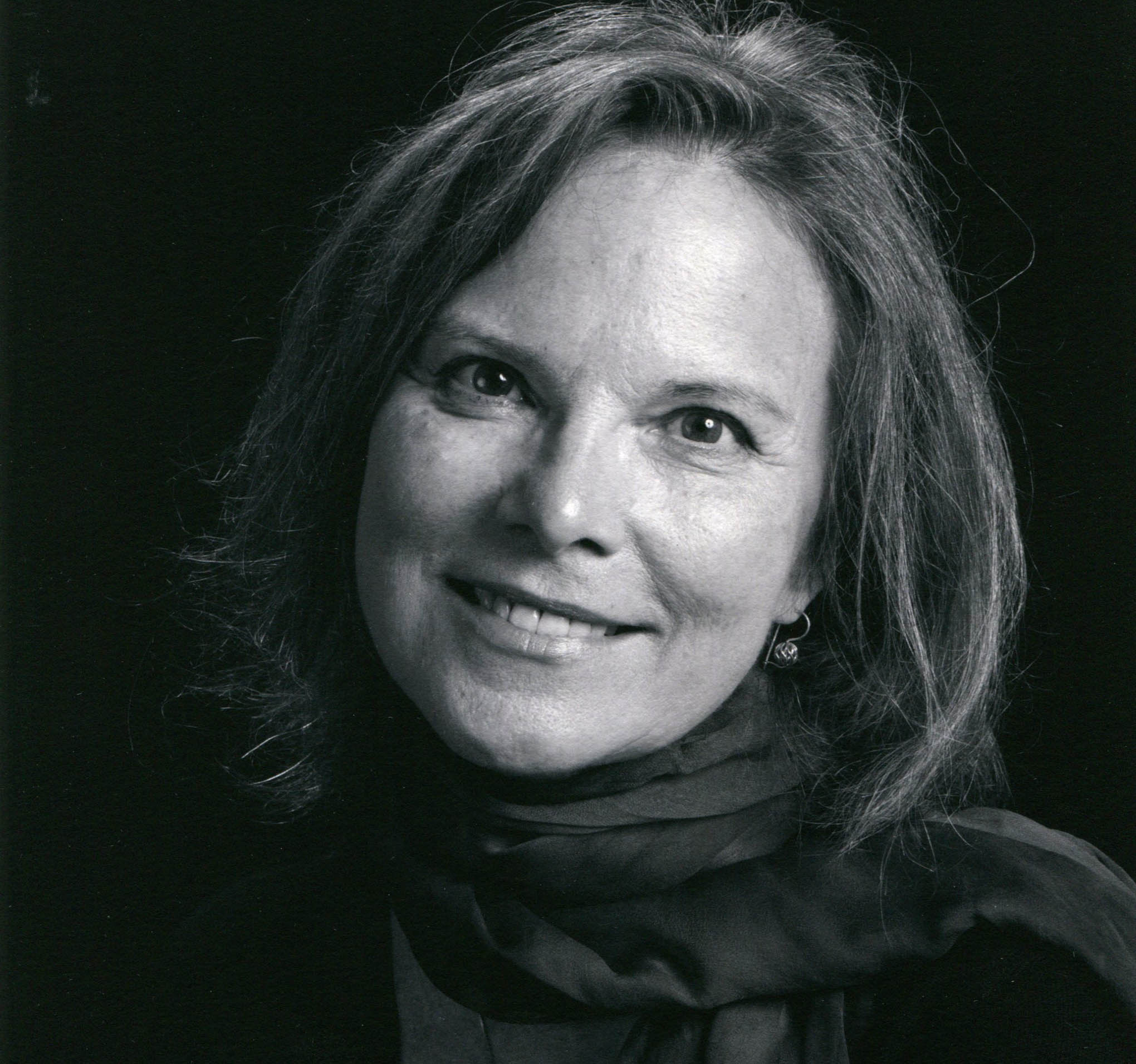
Poet, memoirist and human rights activist.
Carolyn Forché is editor of two best-selling poetry anthologies, “Against Forgetting” and “Poetry of Witness: The Tradition in English: 1500-2001”. Her poetry books include “Gathering the Tribes”, “The Country Between Us”, “The Angel of History” and “Blue Hour”. She has been widely honored, receiving the Edita and Ira Morris Hiroshima Foundation Award for Peace and Culture in Stockholm, a Guggenheim Fellowship, a Lannan Literary Fellowship, and most recently, The Academy of American Poets Fellowship in Poetry for 2014.
She has taught writing and literature for forty years, and has read her poetry around the world. Her work has been translated into more than twenty-five languages. She is a Professor of English at Georgetown University, where she also directs The Lannan Center for Poetics and Social Practice. Carolyn Forché’s participation in Tbilisi International Literature Festival is supported by U.S. Embassy in Georgia.
The Colonel
WHAT YOU HAVE HEARD is true. I was in his house. His
wife carried a tray of coffee and sugar. His daughter filed
her nails, his son went out for the night. There were daily
papers, pet dogs, a pistol on the cushion beside him. The
moon swung bare on its black cord over the house. On
the television was a cop show. It was in English. Broken
bottles were embedded in the walls around the house to
scoop the kneecaps from a man's legs or cut his hands to
lace. On the windows there were gratings like those in
liquor stores. We had dinner, rack of lamb, good wine, a
gold bell was on the table for calling the maid. The maid
brought green mangoes, salt, a type of bread. I was asked
how I enjoyed the country. There was a brief commercial
in Spanish. His wife took everything away. There was
some talk then of how difficult it had become to govern.
The parrot said hello on the terrace. The colonel told it to
shut up, and pushed himself from the table. My friend said
to me with his eyes: say nothing. The colonel returned
with a sack used to bring groceries home. He spilled many
human ears on the table. They were like dried peach
halves. There is no other way to say this. He took one of
them in his hands, shook it in our faces, dropped it into a
water glass. It came alive there. I am tired of fooling
around he said. As for the rights of anyone, tell your people
they can go fuck them- selves. He swept the ears to
the floor with his arm and held the last of his wine in the
air. Something for your poetry, no? he said. Some of the
ears on the floor caught this scrap of his voice. Some of
the ears on the floor were pressed to the ground.

